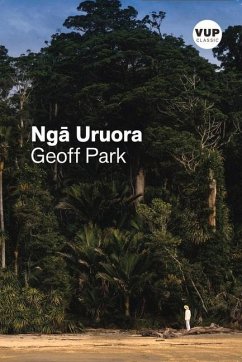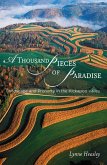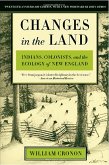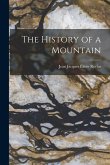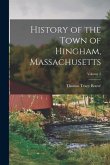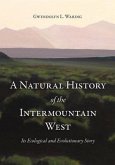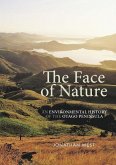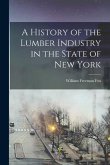First published in 1995, Nga Uruora took the study of New Zealand's natural environment in radical new directions. Geoff Park's research focuses on New Zealand's fertile coastal plains, country of rich opportunity for both Maori and European inhabitants, but a country whose natural character has vanished from the experience of New Zealanders today. Beginning with James Cook's Endeavour party on the Hauraki Plains, and then the New Zealand Company's arrival in the valley that became the Hutt, Park takes us through the river flatlands where the imperatives of colonial settlement transformed the original forests and swamps with ruthless efficiency. Nga Uruora's primary journey is to four auspicious places - Tauwhare on the Mokau River, Papaitonga in Horowhenua, Whanganui Inlet and Punakaiki on the South Island's West Coast - where small remnants of the plains forests' indigenous ecosystems of kahikatea and harakeke still survive. The histories of these places, what they mean to Maori, their ecological vulnerability and their significance for conservation are major concerns. Geoff Park ties these issues together through the experience of the places themselves, their magic, immediacy and beauty.

